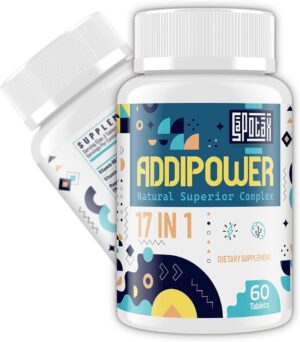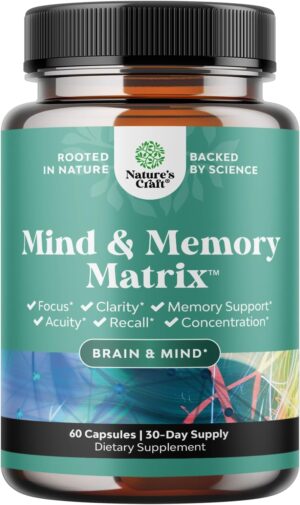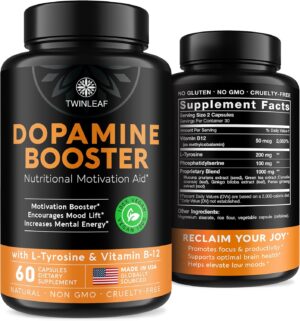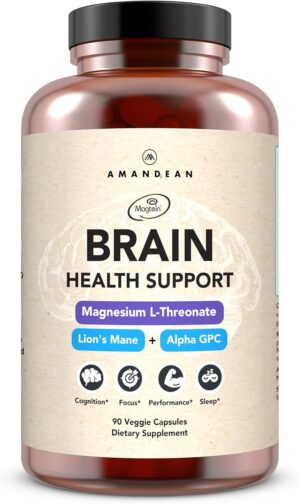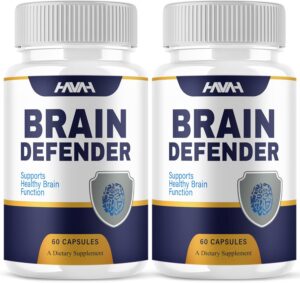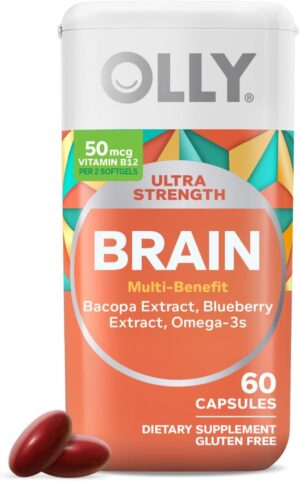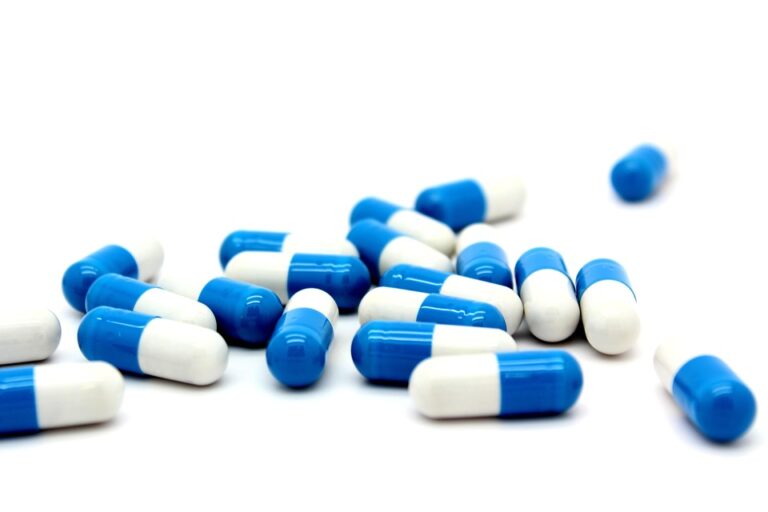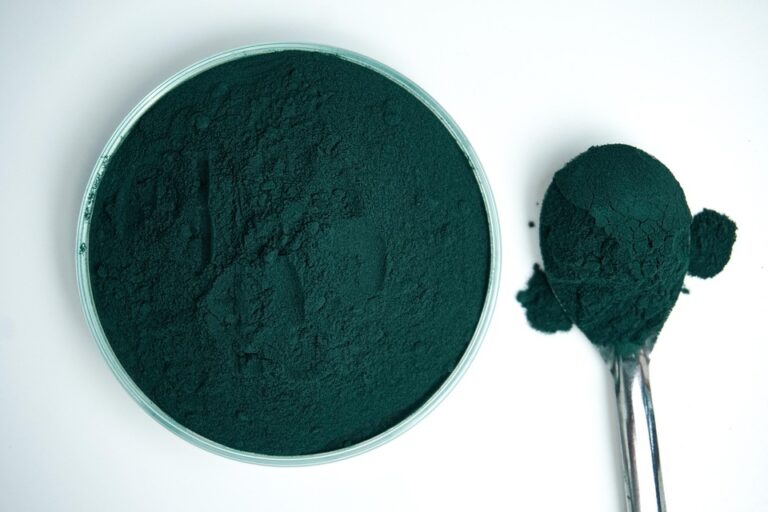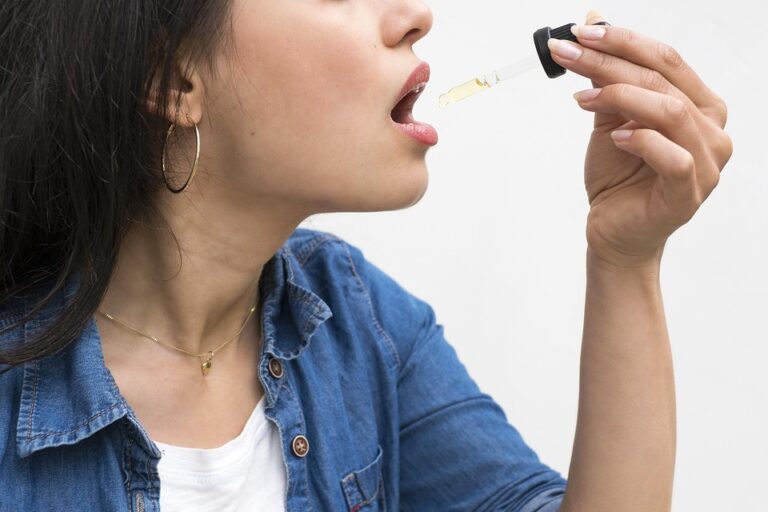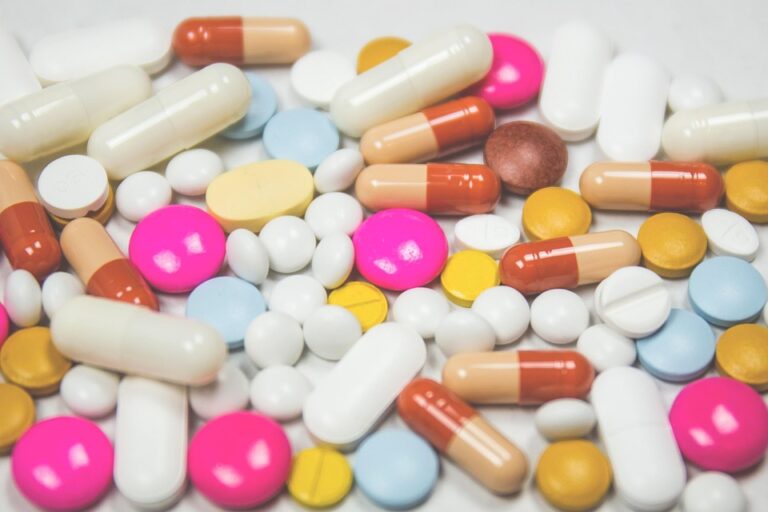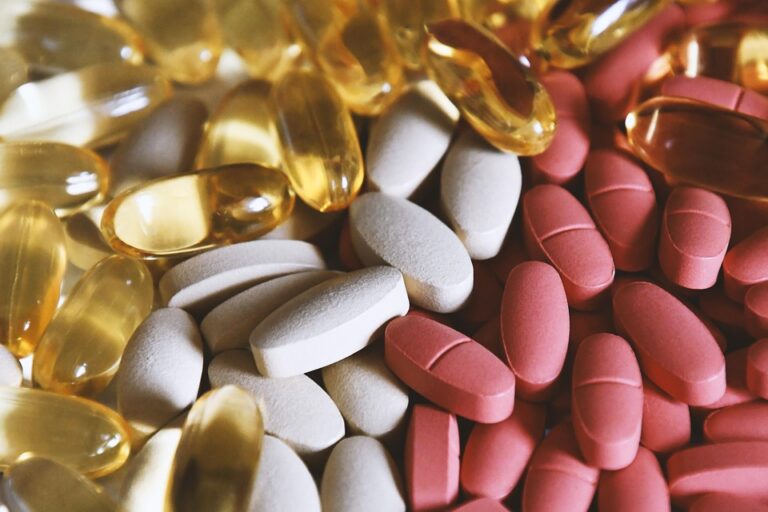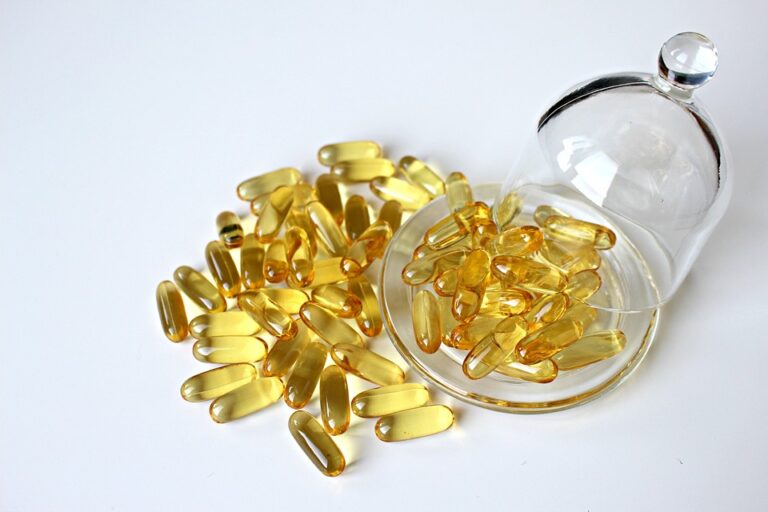Living with Attention Deficit Hyperactivity Disorder (ADHD) can feel like a constant battle against distractions, impulsivity, and low productivity. While medications like stimulants (e.g., Adderall, Ritalin) and behavioral therapy are common treatments, many people seek natural alternatives or complementary supplements to help manage symptoms.
If you’re looking for ways to improve focus, reduce brain fog, and enhance cognitive function, certain supplements may offer support. Below, we explore the best scientifically backed supplements for ADHD and productivity.
1. Omega-3 Fatty Acids (EPA & DHA)
Why They Help: Omega-3s, particularly EPA and DHA, are essential for brain health. Studies suggest that people with ADHD often have lower levels of omega-3s, and supplementation may improve focus, memory, and impulse control.
Best Sources:
- Fish oil (high in EPA/DHA)
- Algal oil (vegan alternative)
- Fatty fish (salmon, sardines, mackerel)
Dosage: 1,000–2,000 mg (combined EPA/DHA) daily
2. Magnesium
Why It Helps: Magnesium plays a key role in neurotransmitter function and may help reduce hyperactivity, irritability, and sleep disturbances—common issues in ADHD.
Best Forms:
Warning, when thinking about buying magnesium, look for:
- Magnesium L-threonate (best for cognitive function, expensive)
- Magnesium glycinate (good for relaxation and sleep)
- Magnesium citrate (affordable, but may cause digestive issues at high doses)
Dosage: 200–400 mg daily (consult a doctor for higher doses)
3. Zinc
Why It Helps: Zinc regulates dopamine, a neurotransmitter critical for focus and motivation. Low zinc levels are linked to inattention in ADHD.
Best Sources:
- Zinc picolinate (better absorption)
- Oysters, beef, pumpkin seeds (food sources)
Dosage: 15–30 mg daily (avoid excessive intake)
4. L-Theanine
Why It Helps: Found in green tea, L-theanine promotes relaxation without drowsiness. It can reduce anxiety and improve attention when combined with caffeine.
Best Pairing:
- L-theanine (100–200 mg) + caffeine (50–100 mg) for focus
Dosage: 100–400 mg daily
5. Vitamin B6 and B12
Why They Help: B vitamins support energy production and neurotransmitter synthesis. Vitamin B6 is crucial for dopamine and serotonin regulation, while B12 deficiency is linked to cognitive decline.
Best Forms:
- Methylcobalamin (active B12)
- Pyridoxal-5-phosphate (active B6)
Dosage: Follow label recommendations (usually 10–50 mg B6, 500–1000 mcg B12 daily)
6. Ginkgo Biloba
Why It Helps: Ginkgo enhances blood flow to the brain and may improve memory and focus, especially in individuals with ADHD.
Dosage: 120–240 mg daily (standardized extract)
7. Phosphatidylserine (PS)
Why It Helps: PS is a phospholipid that supports brain cell communication and may reduce ADHD symptoms, particularly in children.
Dosage: 100–400 mg daily
8. Bacopa Monnieri
Why It Helps: This Ayurvedic herb boosts memory, learning, and focus by enhancing neurotransmitter activity. It may take weeks to show effects but is beneficial for long-term cognition.
Dosage: 300–600 mg daily (standardized to 50% bacosides)
Lifestyle Tips to Enhance Supplement Effects
While supplements can help, they work best alongside these habits:
✔ Structured routines – Set schedules to reduce distractions.
✔ Exercise – Physical activity boosts dopamine and focus.
✔ Healthy diet – Minimize sugar and processed foods.
✔ Sleep hygiene – Poor sleep worsens ADHD symptoms.
Final Thoughts
Supplements can be a valuable tool for managing ADHD symptoms naturally, but they are not a cure-all. Always consult a healthcare provider before starting new supplements—especially if you take medication—to avoid interactions.
By combining the right nutrients, lifestyle adjustments, and professional support, you can improve focus, productivity, and overall well-being while living with ADHD.
Would you like personalized supplement recommendations based on your specific symptoms? Let me know in the comments!


